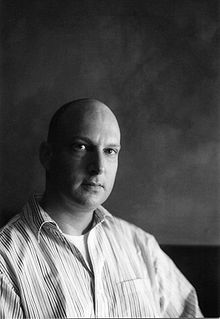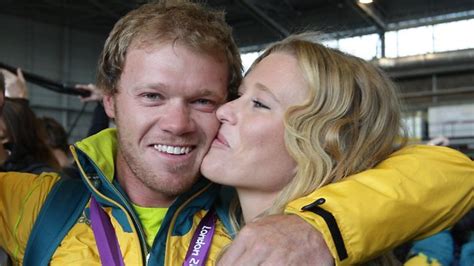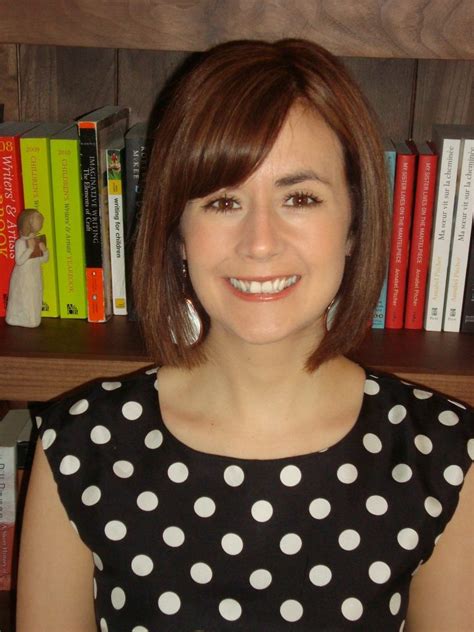A Quote by Richard Siken
I’ve been rereading your story. I think it’s about me in a way that might not be flattering, but that’s okay. We dream and dream of being seen as we really are and then finally someone looks at us and sees us truly and we fail to measure up. Anyway: story received, story included. You looked at me long enough to see something mysterioso under all the gruff and bluster. Thanks. Sometimes you get so close to someone you end up on the other side of them.
Related Quotes
My parents telling me that if there is a story you feel compelled to share, then you are responsible for doing that. You can't ask someone else to take on that story - or you can, but you have to deal with whatever the fallout is. If the story doesn't end up being told the way you originally heard it or that you feel it needs to be expressed, that's on you.
A dream inspiring a story is different than placing a description of a dream in a story. When you describe a character's dream, it has to be sharper than reality in some way, and more meaningful. It has to somehow speak to plot, character, and all the rest. If you're writing something fantastical, it can be a really deadly choice because your story already has elements that can seem dreamlike.
I've found great virtue in two-thirds of the way into the message; right before I'm really want to nail home a point, pausing to tell a joke or to tell a light-hearted story, because I know my audience has been working with me now for 20 or 25 minutes. And if I can get them to laugh, get oxygen into their system, it wakes up those who might be sleeping, so there's something about using a story to draw people back in right before you drive home your final point. In that case I think it's real legitimate just to use a story for story's sake.
I think that when I'm telling a story, I'm doing the best I can to tell the story as fully as I can, and if there are various fractures that happen in the story, then that's just the very thing that the story is as opposed to my looking for avenues of difference in one story. They just really do exist. For me, anyway.
The best time to tell your story is when you have to tell your story. When it's not really a choice. But then, when you get that first, messy, complicated version down, you have to read it over and be very tough on yourself and ask, 'Well what's the story here?' If you're lucky enough to have someone you trust looking over your shoulder, he or she can help you if [you] lack perspective on your own story.
You might be someone's favorite, but you might not be someone else's favorite. I will tell you that there was a [casting notice] that said "Tracee Ellis Ross type," but [the producers] didn't want to see me. I've been in this industry long enough to know that even if someone wants to promise me something, it doesn't mean that it's going to happen. There are so many things at play. But it was flattering and exciting.
Being in the industry, I've seen many situations where someone will get the call from the network where they say 'You guys have 5 episodes to wrap it up.' Then all your long-term story arcs gotta get wrapped up in five episodes because that's how many episodes you got left. I would hate to see that happen to 'Castle'.
It's really the story of a young woman, or two women, growing up in Naples in a poor neighborhood. The way that they get out of it - or don't get out of it - that's part of it. But it's also the story of the mid-20th century in Italy so it's really like a social, historical and personal novel. I think that even though I didn't live in Italy in those years, it did cover that same type of generational upbringing that someone like me might've had in America.




































